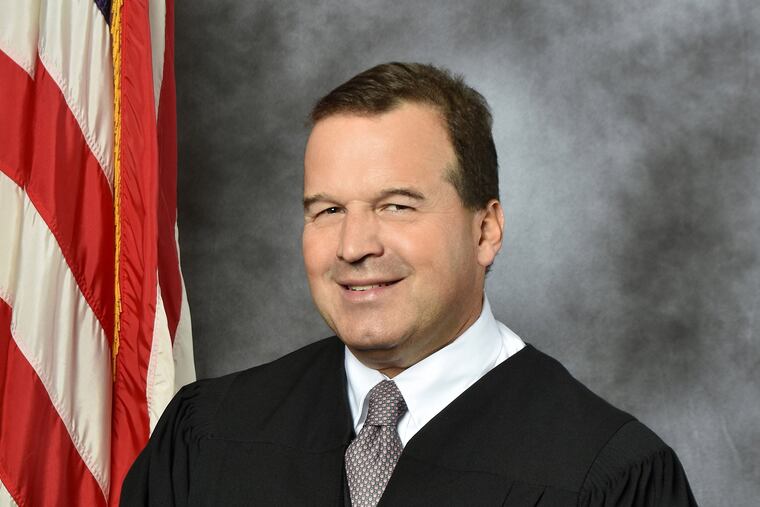It took me 31 years to become a U.S. citizen. It’s the most meaningful oath I took. | Opinion
Constitution Day and Citizenship Day, observed every September 17, is a chance to reflect on how we can help preserve what they gave to us.

I immigrated to this country from Colombia as a young boy, arriving in Washington, D.C., in November 1962 with my parents and two siblings who were also born in Colombia. Two brothers were born in the United States nine and eleven years later. My parents never intended to stay in the United States, but political instability and violence tethered to the narco-wars in Colombia, as well as personal issues, led them to make a life for their family in this country.
I have sworn fidelity to the Constitution of the United States three times when taking the oath in my various capacities as a federal judge. None of these was more important or meaningful to me than the oath of citizenship I took in Philadelphia on September 7, 1993.
Like many naturalized citizens, I have a unique appreciation of how difficult it can be to attain United States citizenship, and how special citizenship in this country is. It took me 31 years to become a citizen.
Citizenship is among the highest honors a country can bestow upon an individual, and it must never be taken for granted. We all have an obligation to cultivate our democracy and be guardians of our Constitution.
When the Founders signed the U.S. Constitution here in Philadelphia in 1787, they left a legacy for us all. Constitution Day and Citizenship Day, observed every September 17, is a chance to reflect on how we can help preserve what they gave to us. It is a moment to acknowledge the gifts and opportunities afforded us as citizens, regardless of our origin story.
Our first responsibility as a citizen is to be an engaged member in the civic life of our communities — from our neighborhoods to our nation.
As the upcoming elections remind us, at a minimum, we all must register and vote — in every election. This is true regardless of where you identify on the political spectrum.
There are other ways to strengthen our civic fabric. At naturalization ceremonies, new citizens are reminded to participate in the jury process when called upon to do so.
There is a place of belonging for all of us. We can teach, volunteer at a school, coach a youth league team, join a community board or a non-profit board, or find other ways to engage in activities that pursue the common good. And we can study and teach civics to our friends and family.
In addition to my work as a judge, I teach civics to students of all ages and to new arrivals to the United States. This outreach has given me the opportunity to share my experiences with those coming behind me. It always reinforces my appreciation for the diversity of our citizens and the contributions we all make to the tapestry that is the American experience.
Finally, we must engage in the process respectfully. Dissent is healthy when done in the spirit of offering constructive solutions to common problems. When we bully, insult or personalize disagreements, it is corrosive to our democracy.
However you choose to contribute, it has never been more important for all of us to be guardians of our Constitution, and to defend the rights it grants to each and every American, whether their ancestors were born on this land or came here from other shores.
As Dr. Martin Luther King, Jr. aptly summarized for all of us: “We may have come on different ships, but we’re in the same boat now.”
Judge L. Felipe Restrepo serves on the U.S. Court of Appeals for the Third Circuit.